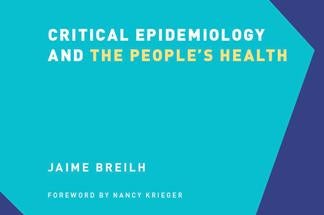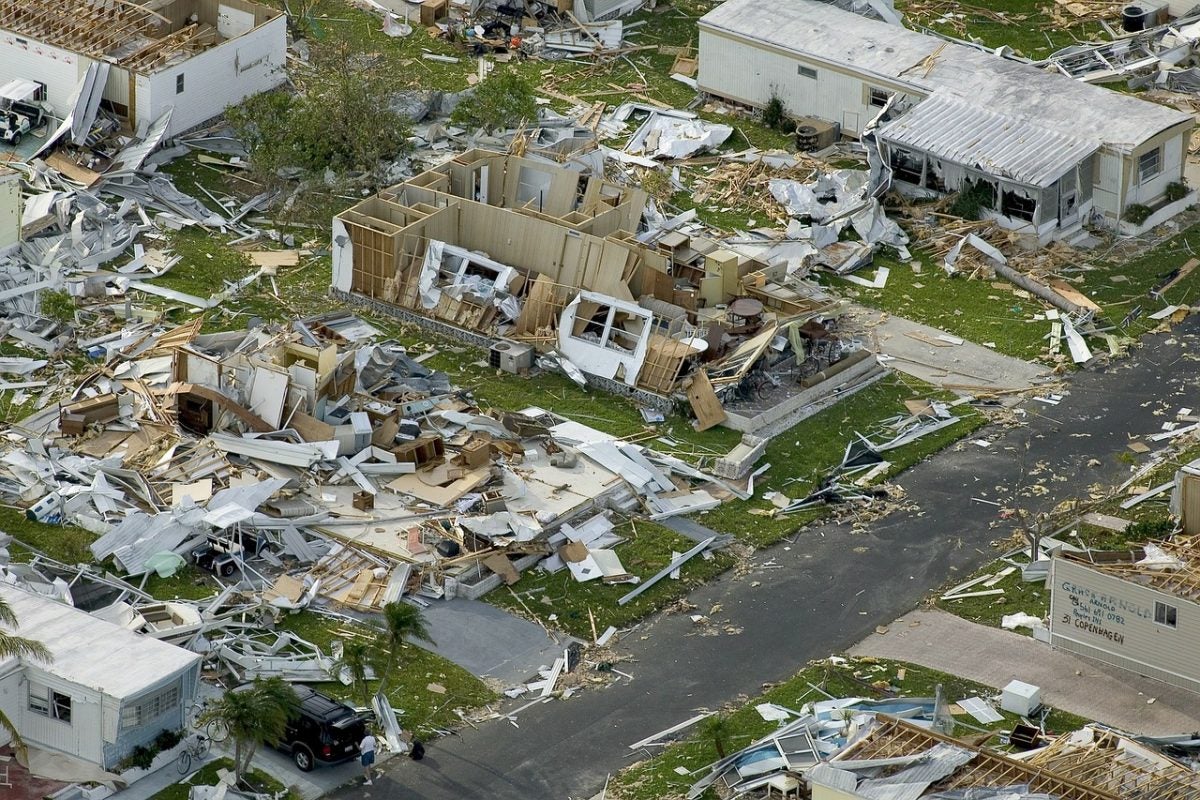A study from the Harvard T.H. Chan School of Public Health found that firefighters’ protective clothing may contain toxic chemicals linked to cancer, low birth weights, diabetes, reduced fertility, and immune system suppression.
The researchers took dust samples from 15 fire stations in Massachusetts and found high levels of perfluoroalkyl substances, known both as “PFASs” and “forever chemicals” because they don’t degrade easily.
“It is concerning that PFAS appears to be added to and contaminating the gear meant to protect them,” said lead author Anna Young to The Boston Globe in a recent article. “We know these chemicals bioaccumulate and are harmful to our health.”
These chemicals are found in everyday objects such as stain-resistant furniture, nonstick cookware, and microwave popcorn bags. The chemicals also used in water- and heat-resistant clothing.
The researchers found the highest concentration of these chemicals in rooms where firefighters store their protective clothing and other gear they carry into burning buildings—nearly twice the amount that was found in other parts of the station.
Authors
Anna S. Young, Harvard Chan School; Emily H. Sparer-Fine, Harvard Chan School; Heidi M. Pickard, Harvard Graduate School of Arts and Sciences; Elsie M. Sunderland, Harvard Chan School; Graham F. Peaslee, University of Notre Dame; Joseph G. Allen, Harvard Chan School.
Related










